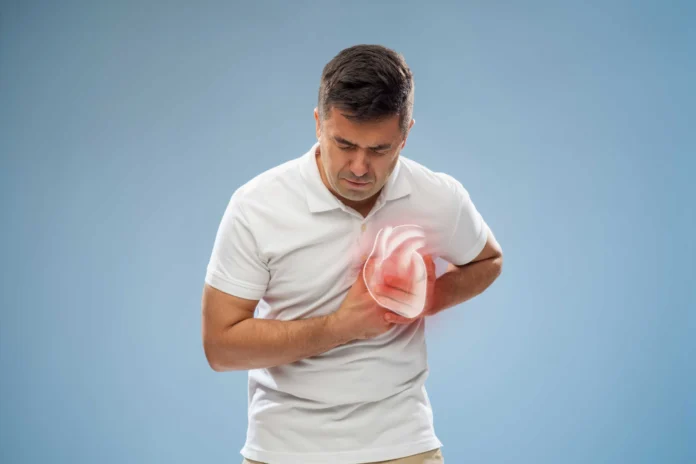Heart attack symptoms can differ between women and men, which can affect how quickly each seeks medical help. Here’s an overview of these differences:
Common Symptoms in Both Men and Women
- Chest pain or discomfort: Often described as pressure, squeezing, fullness, or pain in the center of the chest. It may last more than a few minutes or go away and come back.
- Shortness of breath: Can occur with or without chest discomfort.
- Cold sweat, nausea, or lightheadedness: These are also common symptoms that both men and women might experience.
Symptoms More Common in Men
- Classic chest pain: Men are more likely to experience severe chest pain that feels like a heavy weight on the chest.
- Pain in the left arm: The pain may radiate down the left arm.
- Sudden onset of symptoms: Men’s symptoms are often more sudden and intense.
Symptoms More Common in Women
- Atypical chest pain: Women might experience pain in areas such as the neck, jaw, shoulder, upper back, or abdomen rather than the classic chest pain.
- Shortness of breath: This can be more pronounced in women, even without chest discomfort.
- Unusual fatigue: Women often report feeling extremely tired, even if they haven’t been physically active.
- Nausea or vomiting: These gastrointestinal symptoms are more common in women.
- Dizziness or lightheadedness: Women might experience these symptoms without chest pain.
- Sweating: Women may experience cold sweats or feel clammy.
Importance of Recognizing Symptoms
Understanding that symptoms can present differently in women and men is crucial. Women are more likely to experience “silent” heart attacks, where symptoms are mild or atypical, leading to delayed treatment and poorer outcomes.
Conclusion
It’s essential for both men and women to be aware of the broad range of symptoms associated with heart attacks. Prompt medical attention can significantly improve outcomes. If you or someone else experiences these symptoms, seeking immediate medical help is critical.



